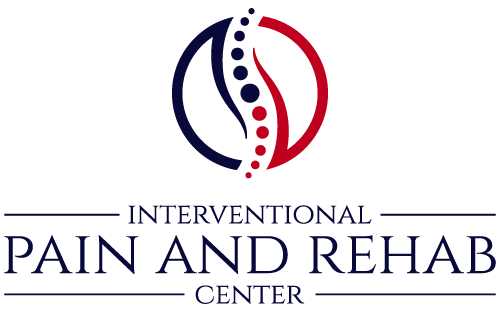Head Concussion Facts
Appointment
Fill Out The Form Below
Working Hour
- 8 AM - 5 PM
- 8 AM - 5 PM
- 8 AM - 5 PM
- 8 AM - 5 PM
- 8 AM - 5 PM
- Closed
- Closed

Head Concussion Facts
A concussion is a form of traumatic brain injury that results from a jolt or impact to the head, causing the brain to move within the skull. This can happen due to a fall, collision, or any event that leads to a sudden, forceful movement of the head.
Concussion Symptoms
Often, there are no external signs of a concussion. The symptoms can vary widely in severity and may last anywhere from a few hours to several weeks or months. Common immediate symptoms include:
- Temporary loss of consciousness (though not always)
- Amnesia regarding the traumatic event
- Headache or pressure in the head
- Confusion or a foggy feeling
- Dizziness or visual disturbances such as “seeing stars”
- Ringing in the ears
- Nausea or vomiting
- Slurred speech
- Fatigue
Some symptoms can appear hours or days after the injury, such as:
- Difficulty concentrating or remembering things
- Irritability and mood changes
- Sensitivity to light and sound
- Sleep disturbances
- Psychological issues like depression
- Changes in taste and smell
When to Seek Immediate Medical Attention
Certain symptoms require urgent medical care, even if they appear after some time. These include:
- A worsening headache that doesn’t subside
- Weakness, numbness, or lack of coordination
- Repeated vomiting or nausea
- Slurred speech or difficulty waking up
- One pupil larger than the other
- Seizures or convulsions
- Increasing confusion, restlessness, or unusual behavior
- Inability to recognize familiar people or places
- Loss of consciousness, even if brief
In rare cases, severe or repeated concussions can lead to long-term complications such as movement difficulties, learning or speaking challenges, permanent brain damage, or a blood clot in the brain.

Causes of Concussions
Concussions happen when the brain is jolted inside the skull due to a significant impact. Common causes include:
- Sports Injuries: Contact sports like football, rugby, boxing, hockey, and soccer are frequent causes of concussions. Skiing and snowboarding can also lead to head injuries.
- Car Accidents: Sudden movements or impacts, such as hitting the steering wheel, can cause concussions.
- Falls: Head injuries from falling, especially hitting the head on the ground or another object, are common.
- Physical Fights: Direct blows to the head during a fight can result in a concussion.
Recovering from a Concussion
With proper rest and care, most people recover fully from a concussion. Recovery time varies depending on the severity of the injury, the speed of diagnosis, and treatment.
Managing Lingering Symptoms
In some cases, symptoms may persist due to neck joint or vestibular dysfunction. Consulting with a spine specialist can help diagnose and treat these residual effects, aiding in a full recovery.
Taking steps to prevent future concussions and seeking prompt care when one occurs are crucial to maintaining long-term brain health and avoiding serious complications.
For Athletes
Athletes should never return to play while still showing signs of a concussion. It’s recommended that they undergo a medical evaluation and follow a structured return-to-play protocol. Returning to activity too soon can be dangerous, and no one should resume play on the day of the injury.
Complications from Concussions
After a concussion, it takes time for brain chemistry to stabilize, which can delay recovery. Certain conditions, such as chronic headaches, anxiety, or a previous concussion, may prolong the healing process. People with these conditions should take extra precautions to avoid further injury.
Potential Long-Term Complications
- Epilepsy: The risk of developing epilepsy doubles in the first five years following a concussion.
- Cumulative Brain Injuries: Multiple concussions over time can lead to long-term cognitive impairments, including memory loss and reduced functional ability.
- Second Impact Syndrome: Experiencing a second concussion before recovering from the first can cause rapid, often fatal, brain swelling.
